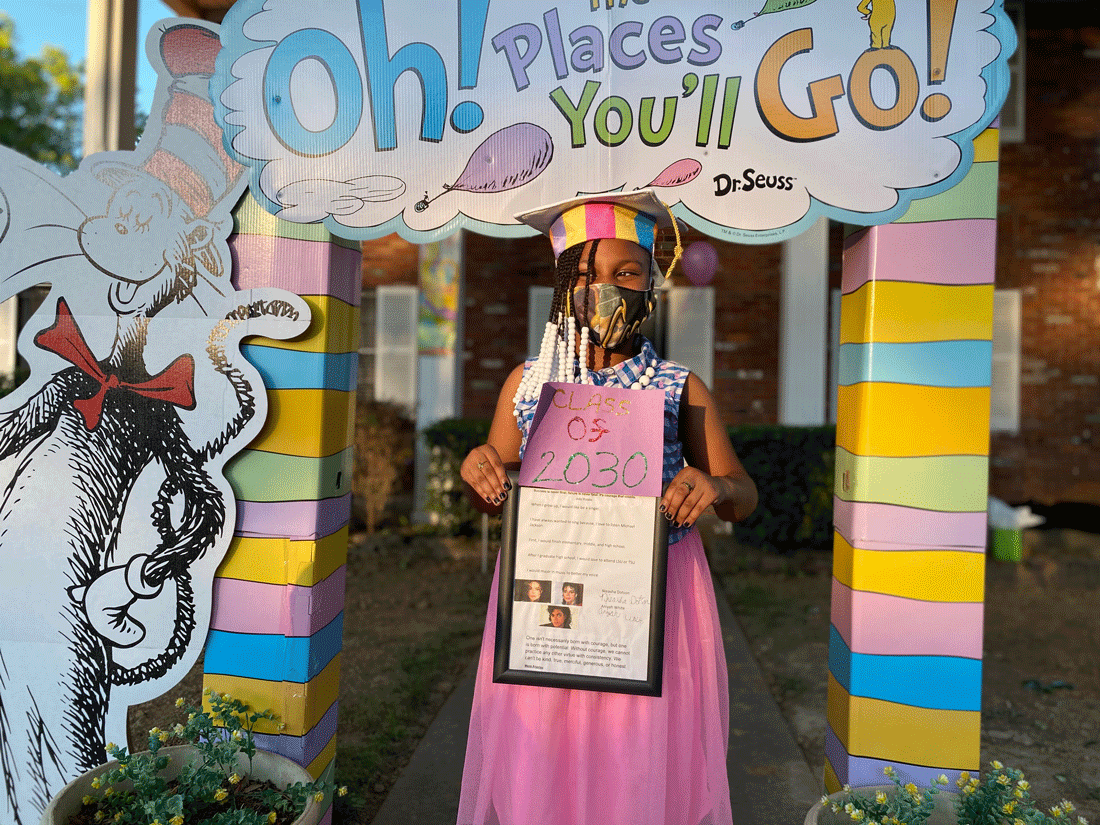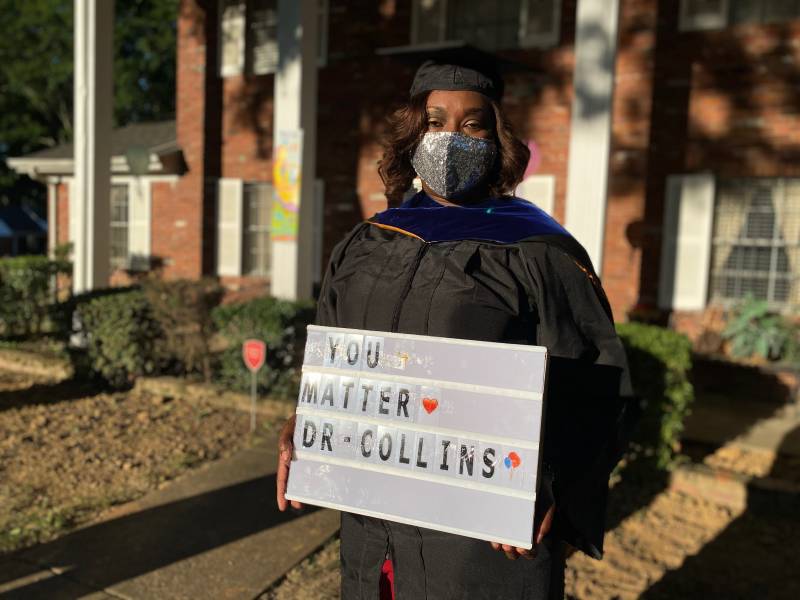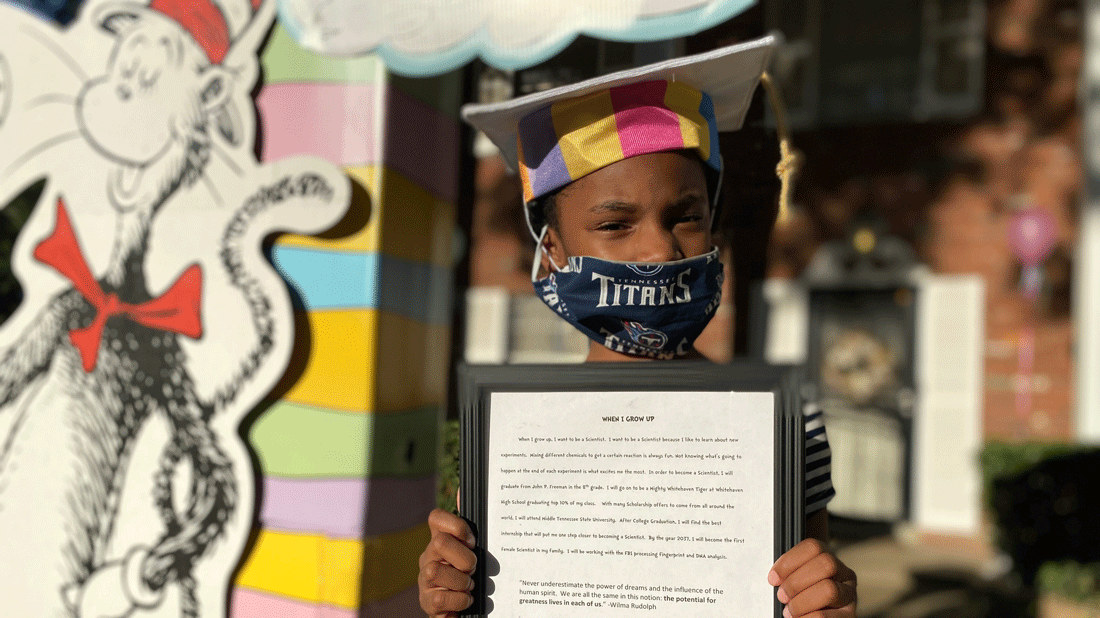For LaNesha Tabb, the arc of the school year is a bit like a joke being played on kindergarten teachers: “You work all year long to get these kids awesome. By April and May, you're like, ‘Yes!’ And then they leave and you get a whole new batch of brand new babies that need your help.” This year, the punch line came early for Tabb, who teaches near Indianapolis, Indiana. With school closed since March because of the COVID-19 pandemic, her class missed out on what she called the “golden months” of teaching — when all the hard work pays off and student growth becomes visible. “That is so hard to not have been able to witness this particular group of children get to that threshold,” she said.
The disappointment is not exclusive to kindergarten teachers. Across grades levels, educators mourned the chance to see both individuals and their classes as a whole mature and cohere this spring. “Grief is real right now, and a lot of people are losing a lot of really valuable and important things and jobs. A lot of people have died. But that doesn't make it any less sad when you lose something that you've looked forward to,” said Colby Sharp, who teaches in Parma, Michigan. In addition to processing those feelings for themselves, teachers faced the task of validating students’ emotions from afar. In April, Sharp made a video, “Dear Fifth Graders,” from inside his classroom. In it, he told his students that he was heartbroken that they would miss out on reading books together, sharing jokes-of-the-day and participating in year-end traditions, such as field day.
“The end of fifth grade is really special. And it's not fair. And it really stinks. And I think that's OK,” Sharp said. “I've tried to convey that message to [my students] that it's OK to be upset and sad. And it's also OK to be kind of happy, like just encouraging them to feel what their heart tells them to feel.” Heading into summer, kids’ feelings varied. Quinn Losse, a fifth-grader in Nevada, was bummed about not getting to do a “clap-out,” in which teachers and younger students line the hallways to high five the fifth-graders as they leave school for the last time. Raheem Langa, a fifth-grader in North Carolina, said he was sad that spring soccer and his graduation ceremony were both canceled. But Kara Pham, a sixth-grader in Pennsylvania, didn’t mind missing the pomp and circumstance of a commencement. “Too many people,” she said.

In recent weeks, many elementary schools organized car parades, created slideshows and distributed class T-shirts or other mementos to celebrate the end of the year for the eldest students in particular. For Keifer Froom, a fifth-grader in North Carolina, knowing his school would hold a car parade offset the sadness of a canceled graduation. “I felt like we were still getting something,” he said.



